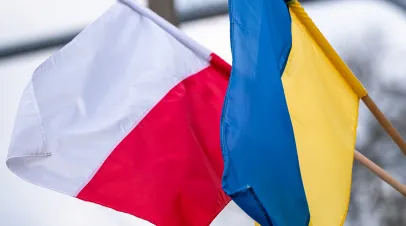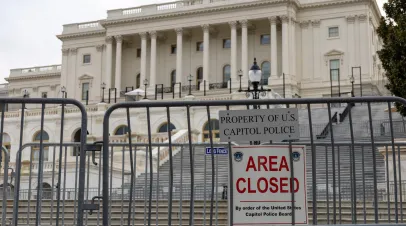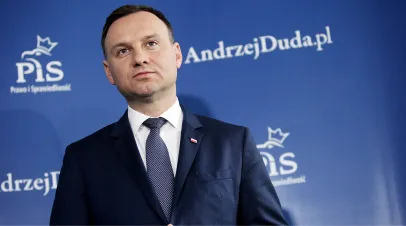Marta Prochwicz-Jazowska
Former Program ManagerMarta Prochwicz-Jazowska is a former Program Manager at GMF.
Media Mentions
Featured Work
Image
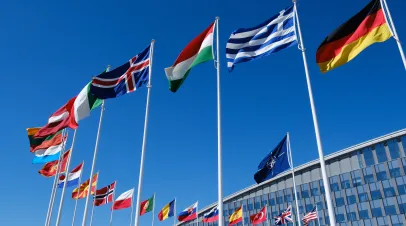
October 26, 2023
European security is dependent on a free and stable Ukraine. However, the 2024 US election could result in a fundamentally different policy approach...
Image
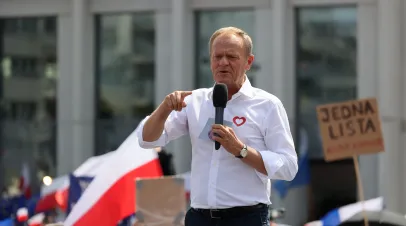
October 18, 2023
The October 15 election in Poland delivered a solid rebuff to the ruling Law and Justice party and appears to herald a return to democratic processes...
Image
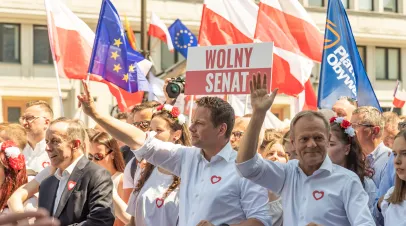
October 15, 2023
If exit polls in Poland’s parliamentary election are accurate, the country has backed away from its anti-democratic and anti-EU stance. The opposition...
Image
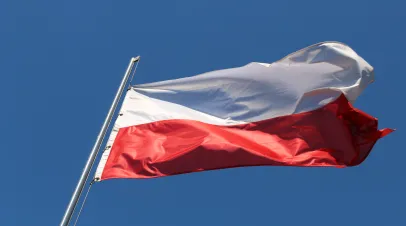
October 12, 2023
Image
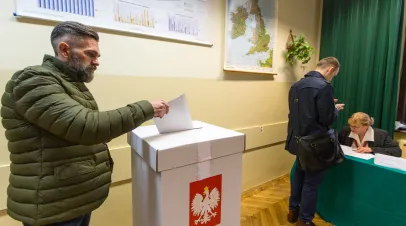
October 10, 2023
The Polish election on October 15 has the potential to reshape the continent’s geopolitical map and future Western support for Ukraine. It is apparent...
Image
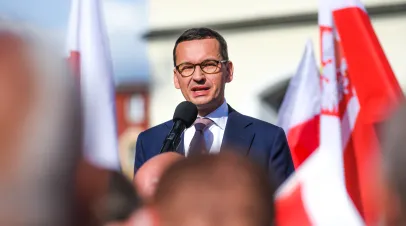
September 21, 2023
In our latest Quick Read, Marta Prochwicz-Jazowska explains how Prime Minister Morawiecki’s recent statement on Ukraine is being misinterpreted. ...
Image
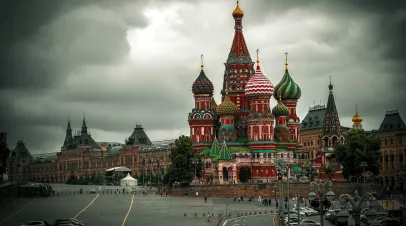
August 24, 2023
In our latest Quick Reads series, GMF experts comment on the ramifications of Yevgeny Prigozhin's presumed death....
Image
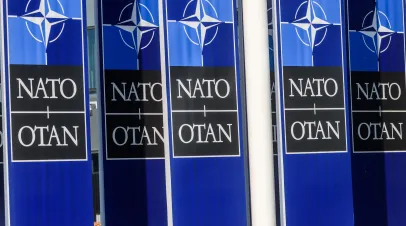
July 4, 2023
Image
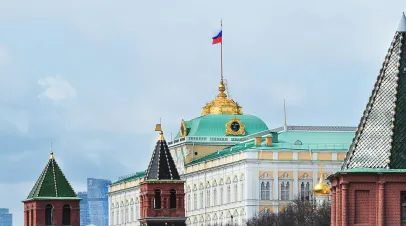
June 26, 2023
GMF experts react to the revolt of Yevgeny Prigozhin and Wagner forces in Russia in our latest Quick Reads series. ...
Image
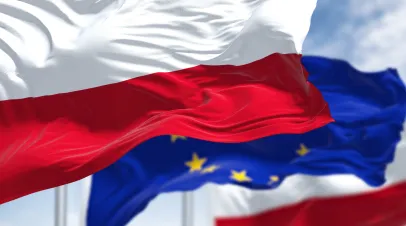
Image
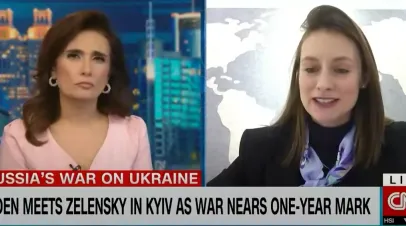
February 21, 2023
Image
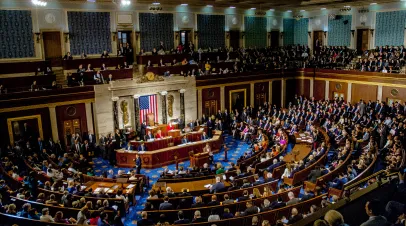
November 15, 2022
In recent weeks, European capitals looked at the news from Washington with varying degrees of expectation and anxiety in view of the Republican Party...
Image
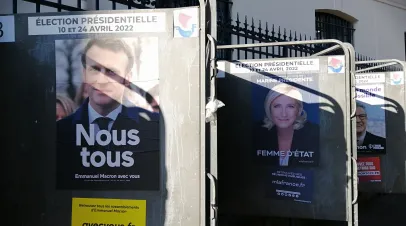
April 21, 2022
The second round of the French elections is less than a week away, and foreign policy has become a major campaign topic....
Image

April 6, 2022
The results of the French presidential election, held on April 10 and April 24, will define the course of French—and European—politics for the next...
Image
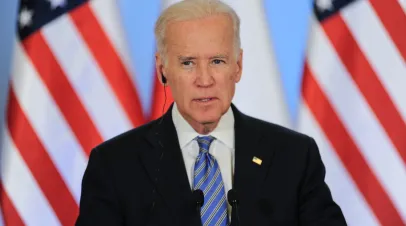
March 25, 2022
President Joe Biden’s visit to Poland comes after relations with the United States had been tense for some time....
Image
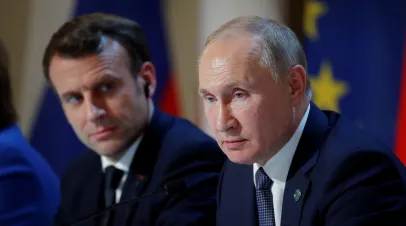
February 16, 2022
In continuing the West’s commitment to diplomacy in deterring Russian aggression, Germany’s Chancellor Olaf Scholz met with Russian President Vladimir...
Image
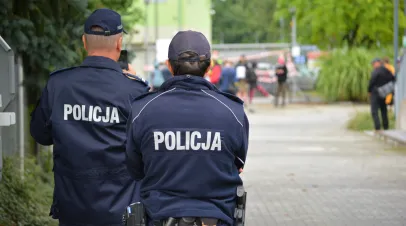
Image
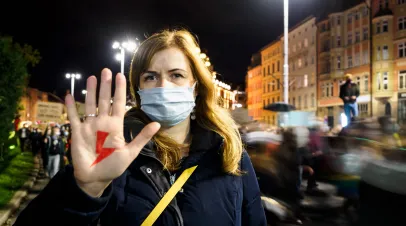
December 8, 2020
What we have been seeing in Poland for the past month has been described in domestic media as a "generational rebellion whic...
Image
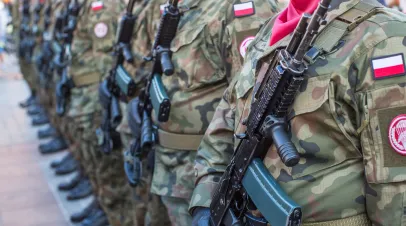
November 16, 2020
In Poland, there were different reactions to Joe Biden’s victory....
